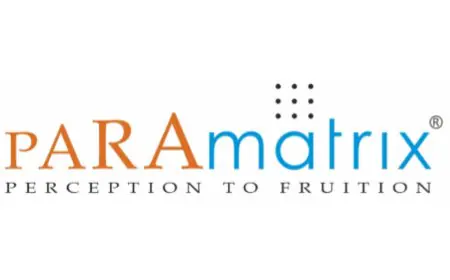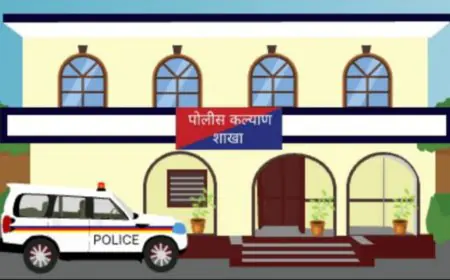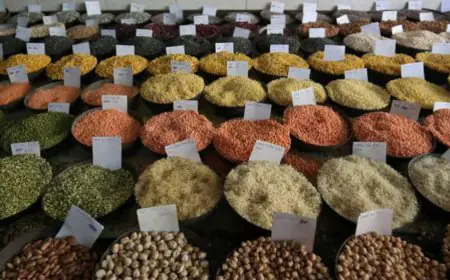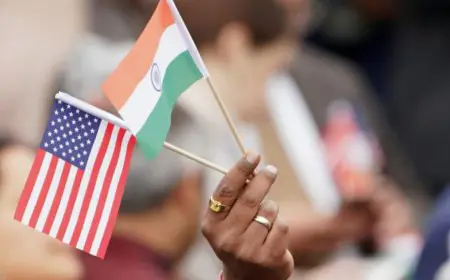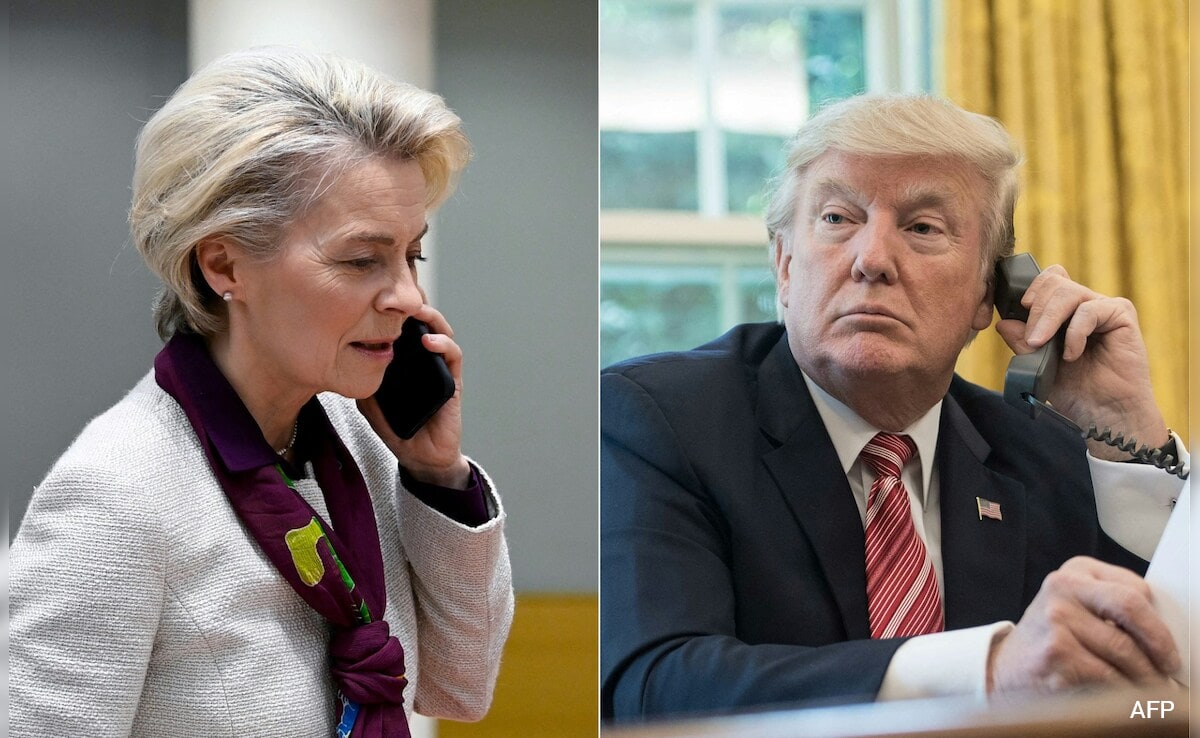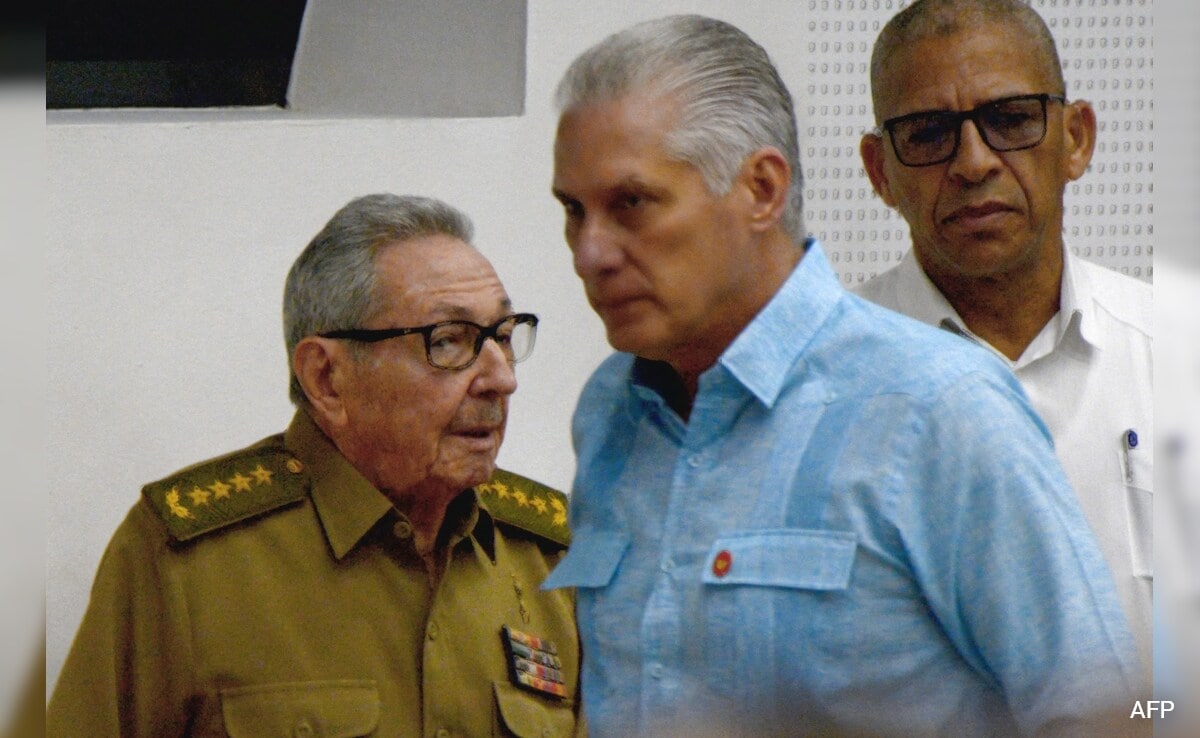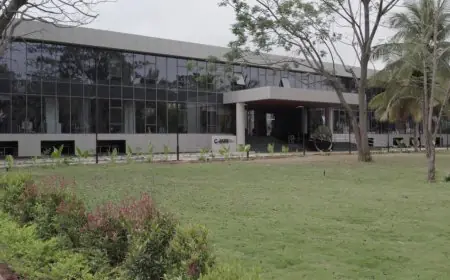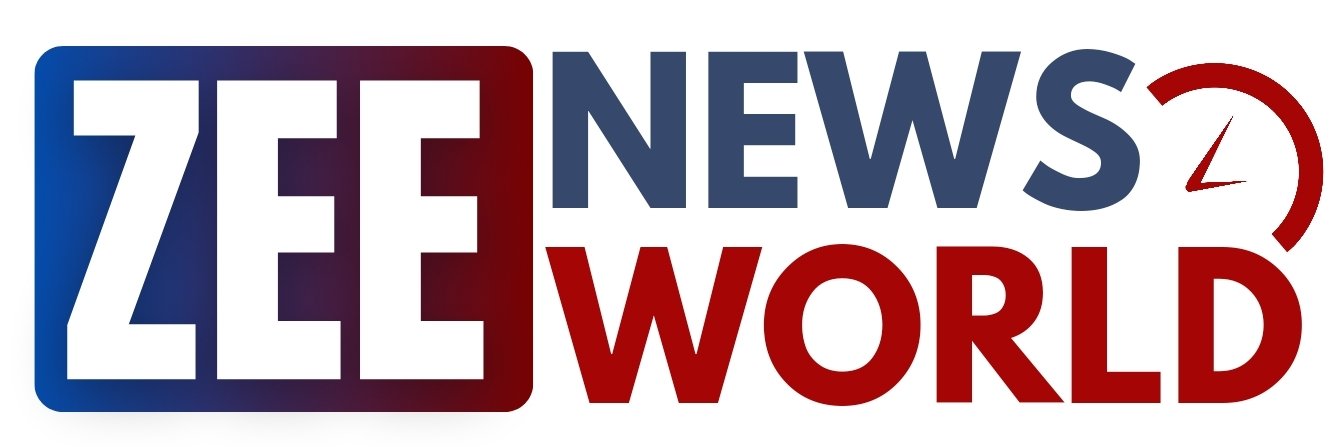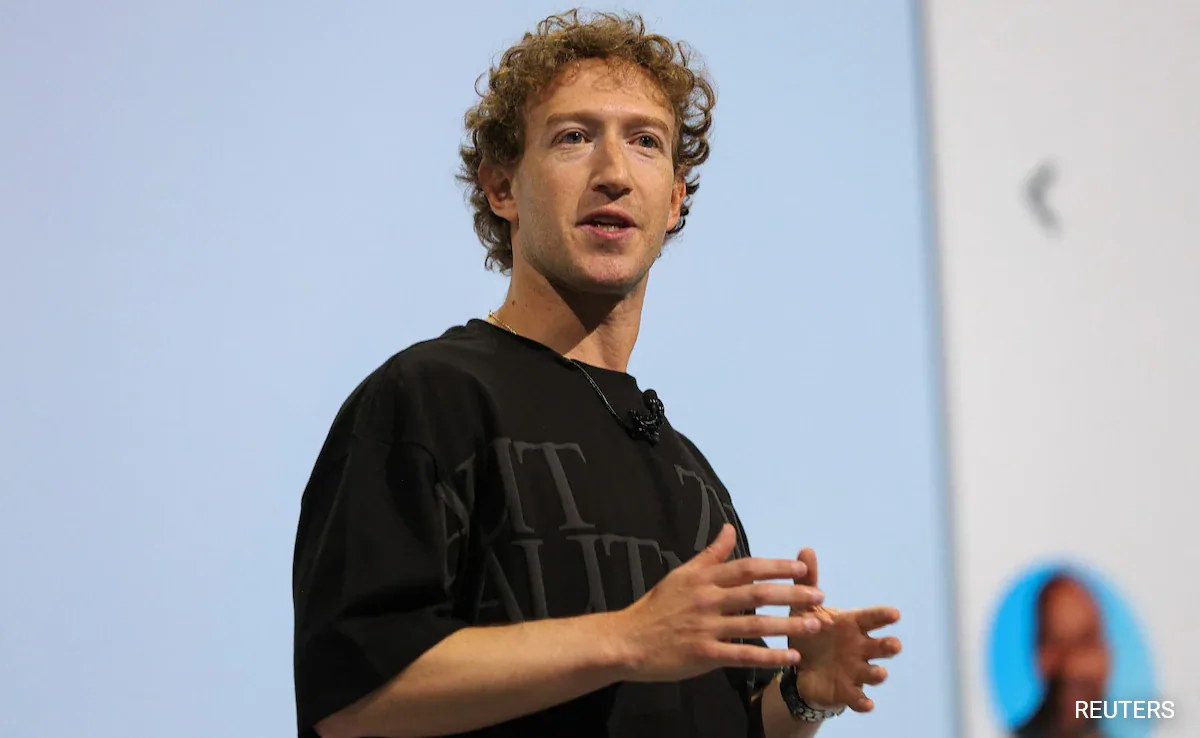Commercial LPG Cylinder Price Slashed By Rs 24, Check New Rate In Delhi From June 1
Oil marketing companies have announced a reduction in the prices of commercial LPG cylinders, with the new rates coming into effect from June 1. The price of a 19-kg commercial LPG gas cylinder has been reduced by ₹24. According to news agency ANI, the revised retail price for a 19-kg commercial LPG cylinder in Delhi is now ₹1,723.50. This is the second straight monthly reduction. In the beginning of May, public sector oil companies had slashed the price of commercial LPG by ₹14.50 per 19-kg cylinder. At the same time, the price of Aviation Turbine Fuel (ATF) for airlines was cut by 4.4 per cent. According to IANS, the price of ATF was reduced by approximately ₹3,954.38 per kilolitre (1,000 litres), bringing the rate down to ₹85,486.80 per kilolitre. This reduction was expected to benefit commercial airlines such as Air India and IndiGo, as fuel constitutes nearly 30 per cent of their operational costs. The latest price cut follows a steep 6.15 per cent (₹5,870.54 per kilolitre) reduction on April 1. These consecutive revisions have offset the price hikes seen earlier this year. Global Slump In Crude Oil Rates The decline in fuel prices comes amid a global slump in crude oil rates. Benchmark Brent crude is hovering around $63 per barrel — its lowest since April 2021 — driven by weak global demand, IANS reported. Saudi Arabia, one of the world’s largest oil producers, has indicated that it will not intervene with further supply cuts and is prepared for a prolonged period of low prices. This stance is expected to weaken the Organisation of the Petroleum Exporting Countries’ (OPEC) ability to influence global oil prices. The fall in international crude prices came as a positive development for India, which imports about 85 per cent of its crude oil requirements. A decline in global oil prices reduces the country’s import bill, thereby narrowing the current account deficit and strengthening the rupee. Besides improving the external balance, lower crude prices also ease inflation by bringing down the domestic prices of petrol, diesel and jet fuel. Last month, in a move to mobilise additional resources, the government raised the excise duty on petrol and diesel. However, this increase is being absorbed by state-owned oil marketing companies — Indian Oil, Bharat Petroleum, and Hindustan Petroleum — owing to reduced input costs in the wake of falling global crude prices. Minister for Petroleum and Natural Gas, Hardeep Singh Puri, said the government-owned oil firms would bear the burden of the increased excise duty due to the decline in international crude oil prices.

Oil marketing companies have announced a reduction in the prices of commercial LPG cylinders, with the new rates coming into effect from June 1. The price of a 19-kg commercial LPG gas cylinder has been reduced by ₹24. According to news agency ANI, the revised retail price for a 19-kg commercial LPG cylinder in Delhi is now ₹1,723.50.
This is the second straight monthly reduction. In the beginning of May, public sector oil companies had slashed the price of commercial LPG by ₹14.50 per 19-kg cylinder. At the same time, the price of Aviation Turbine Fuel (ATF) for airlines was cut by 4.4 per cent.
According to IANS, the price of ATF was reduced by approximately ₹3,954.38 per kilolitre (1,000 litres), bringing the rate down to ₹85,486.80 per kilolitre. This reduction was expected to benefit commercial airlines such as Air India and IndiGo, as fuel constitutes nearly 30 per cent of their operational costs.
The latest price cut follows a steep 6.15 per cent (₹5,870.54 per kilolitre) reduction on April 1. These consecutive revisions have offset the price hikes seen earlier this year.
Global Slump In Crude Oil Rates
The decline in fuel prices comes amid a global slump in crude oil rates. Benchmark Brent crude is hovering around $63 per barrel — its lowest since April 2021 — driven by weak global demand, IANS reported. Saudi Arabia, one of the world’s largest oil producers, has indicated that it will not intervene with further supply cuts and is prepared for a prolonged period of low prices. This stance is expected to weaken the Organisation of the Petroleum Exporting Countries’ (OPEC) ability to influence global oil prices.
The fall in international crude prices came as a positive development for India, which imports about 85 per cent of its crude oil requirements. A decline in global oil prices reduces the country’s import bill, thereby narrowing the current account deficit and strengthening the rupee.
Besides improving the external balance, lower crude prices also ease inflation by bringing down the domestic prices of petrol, diesel and jet fuel.
Last month, in a move to mobilise additional resources, the government raised the excise duty on petrol and diesel. However, this increase is being absorbed by state-owned oil marketing companies — Indian Oil, Bharat Petroleum, and Hindustan Petroleum — owing to reduced input costs in the wake of falling global crude prices.
Minister for Petroleum and Natural Gas, Hardeep Singh Puri, said the government-owned oil firms would bear the burden of the increased excise duty due to the decline in international crude oil prices.
What's Your Reaction?








